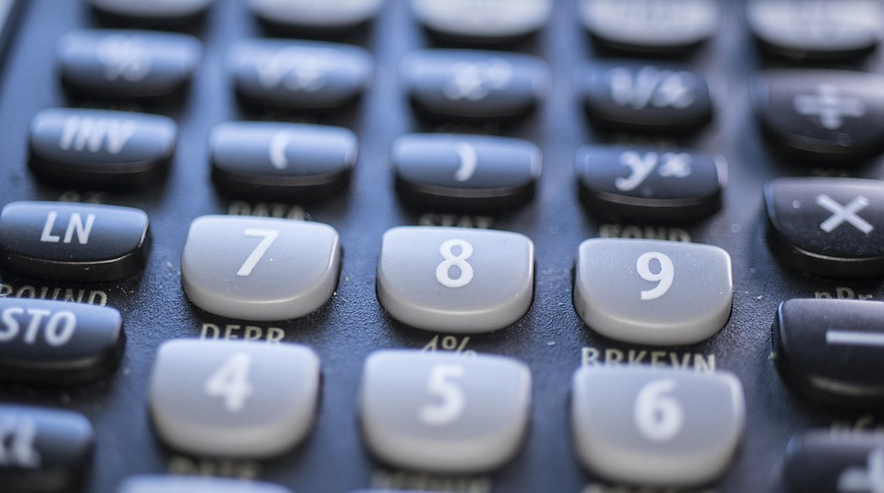Understanding the Issue
Having your Prius’ low-voltage battery fail and leave it stranded on a busy street can be a real nightmare. It’s frustrating, especially when you’re already facing the challenges of traffic and time constraints. You’ve probably heard these types of car woes before – but with 2025 rolling around, this is a problem that many Prius owners will need to navigate.
The reason your Prius won’t start after your battery goes dead might seem like a straightforward issue: a weak, old battery. It’s not just about the “dead” feeling—the entire battery system needs to be in top shape for your car to start smoothly. A low-voltage battery is a common culprit, but it doesn’t always mean the end of the road. Understanding the reasons behind this issue and taking the right steps will help you get back on the move before long.
Why This Happens: The Inner Workings
So, why does this happen? The Prius relies heavily on a complex battery system for its power needs. It’s not just one simple battery that powers everything.
First, the 12-volt battery is crucial for jump-starting your car when it’s dead and powering various electrical components such as the headlights, interior lights, and some accessories. However, this low-voltage battery isn’t a stand-alone power source – It’s part of a larger system.
Here’s a breakdown of how these systems interplay: The 12-volt battery stores power like a small rechargeable battery for the car to start. Then there is an auxiliary 48-volt battery that powers the hybrid system and runs various functions in your vehicle, including all your electrical components.
It’s worth noting that these batteries are connected through a complex network of wiring and circuitry. This intricate setup ensures efficient power distribution throughout your Prius. If this network experiences problems or any part is damaged, it can impact the ability to start your car.
Common Culprits: The Sources of Trouble
A low-voltage battery in a Prius won’t start due to various factors, and sometimes they are easy to identify. Here are some of the most common culprits that might be causing problems with your car’s electrical system:
1. **Low Voltage Battery:** The primary culprit is a low-voltage battery in a Prius. It’s usually a combination of factors like wear and tear, deep discharges, or simply not being charged properly. A Prius’ 12V battery needs to remain at around 12.6 volts for it to start the engine.
2. **Damaged Battery Cables:** Corrosion, broken connections, or loose wires can disrupt the flow of electricity between your batteries and the starter motor, preventing the car from starting. The cables carry the electrical current to and from the battery; any damage here could hinder proper function.
3. **Battery Management System (BMS):** A problem with the BMS can also lead to a low-voltage issue. This system is responsible for monitoring voltage levels, discharging energy, and charging the battery. If it malfunctions, it can fail to start your car.
4. **Starter Motor Issues:** A malfunctioning or failing starter motor is another possible cause. The starter motor powers the engine when you turn the key in the ignition. If it’s faulty, even with a strong battery, the car might not crank.
Diagnosis: Putting Your Detective Skills to Work
Understanding how your 12-volt battery works and what could go wrong is important for troubleshooting. The way you approach the problem will determine how successful you are.
Here’s a breakdown of some steps you can take to diagnose potential issues with your Prius’ low-voltage battery:
- Check Your Battery Cables: Visually inspect the cables for any signs of corrosion, loose connections, or damage.
- Test the Voltage: Use a voltmeter to check the voltage of your 12-volt battery. Ideally, it should be between 12.4 and 12.6 volts. If it’s not, you might have a problem.
- Check for Corrosion: Corrosion on terminals can cause electrical resistance and hinder power flow. Use baking soda solution to remove any corrosion from the battery terminals.
Solutions: Making Your Prius Run Again
Let’s talk about some of your options if you’ve diagnosed a problem with your low-voltage battery and can’t get it running. The steps below will help you figure out what needs to be done.
1. **Jump Start It:** If your Prius has been sitting for a while, and the 12-volt battery appears dead, make sure you have a jumper cable set and a helper. A jump start can clear any temporary issues with power flow that might be causing your car to fail to start.
2. **Battery Replacement:** If your battery is beyond repair or just has too much wear and tear, it’s time for a replacement. The best way to ensure your Prius runs smoothly again is to replace the 12-volt battery with a brand new one. You can also check with a certified mechanic who specializes in hybrids.
3. **Battery Management System (BMS) Reset:** If you’ve ruled out other potential issues, resetting the BMS could be your next step. This involves using a diagnostic tool to reset the system and ensure proper battery operation. It can sometimes solve complex problems that can’t be readily diagnosed.
4. **Starter Motor Replacement:** A faulty starter motor is another common culprit. If you suspect this might be the problem, replacing it with a new one is your best bet to get your car rolling again.
Prevention: Staying Ahead of Battery Woes
Being proactive about maintaining your Prius’ battery can significantly reduce the chances of encountering such frustrating issues down the line.
Here are some tips to prevent future problems:
- Regularly Check Your Voltage: Monitor your car’s voltage regularly, and ensure it stays at a healthy level.
- Avoid Deep Discharges: Don’t let your battery drain too low. Use the engine to keep the 12-volt battery charged for regular use and avoid prolonged disconnections.
- Proper Charging Habits: Ensure you’re charging your Prius’s 12V battery with a proper charger to prevent overcharging or sudden discharge that can lead to problems.
